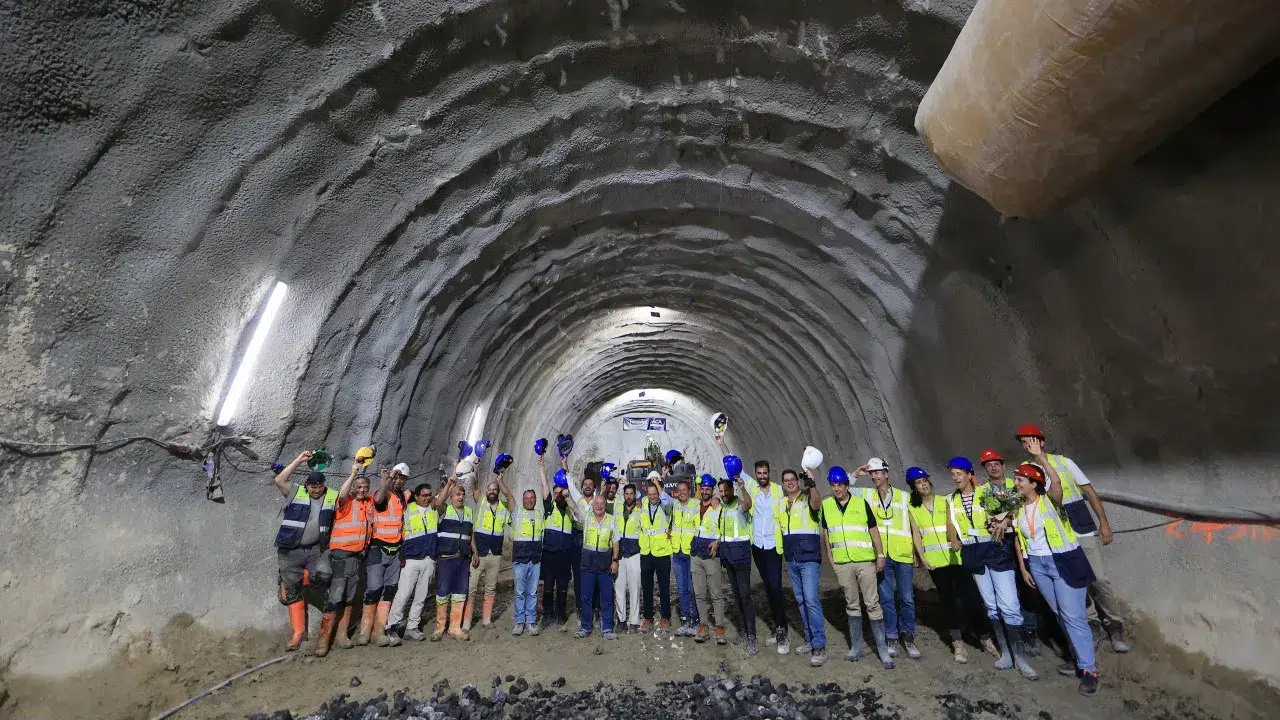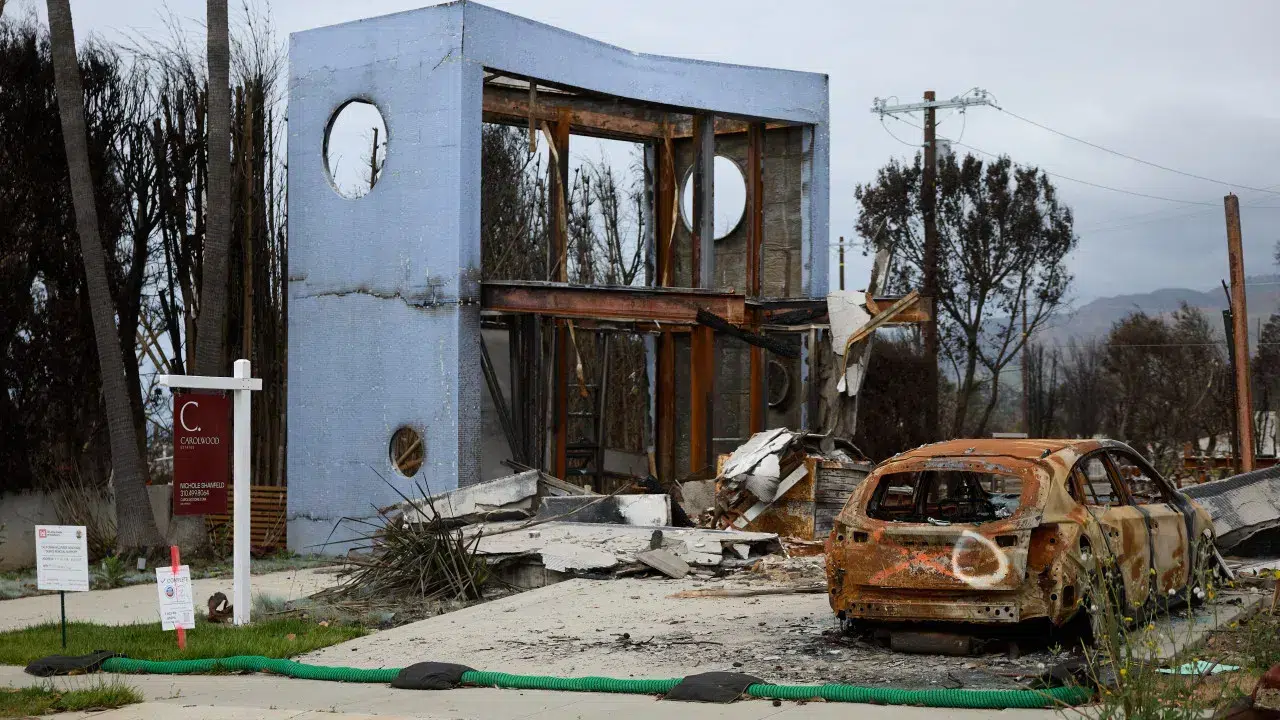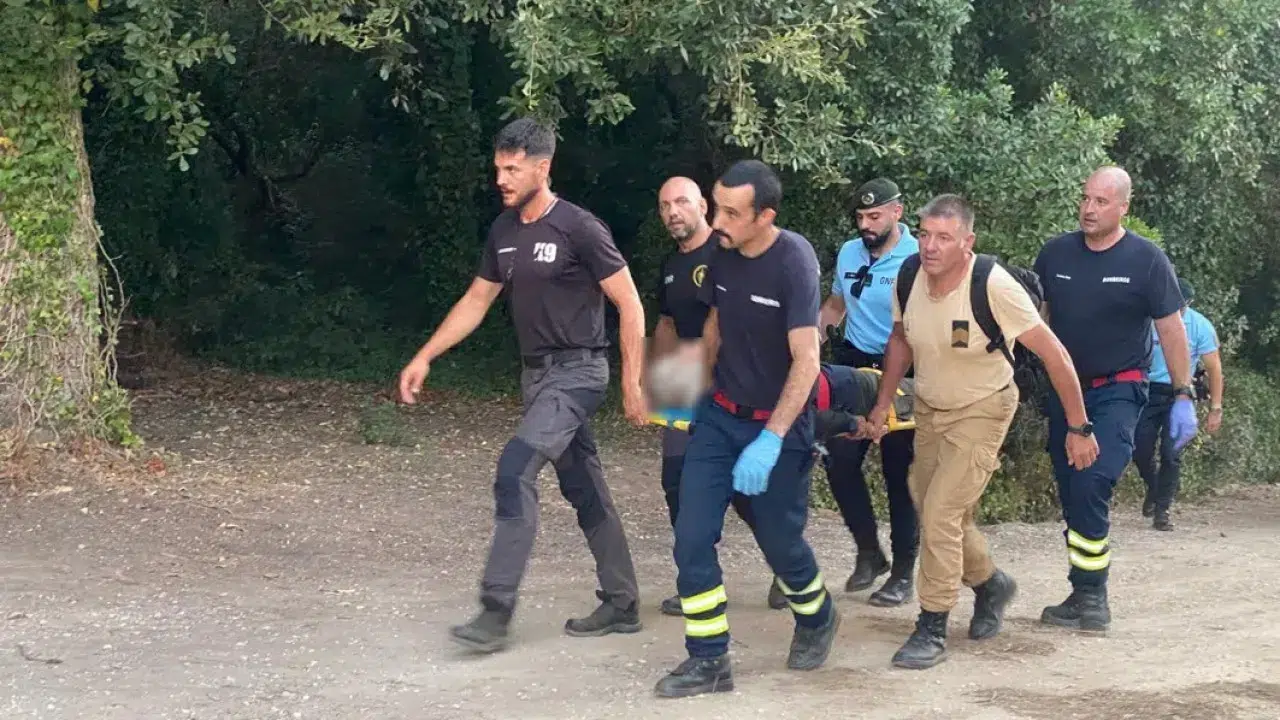
“We always, with the contractor, defined that after this phase, we would have about six months to complete the project, which means getting it ready for commercial operation. I would say that in the first quarter of 2026, we will be ready to start commercial operations,” said Tiago Braga, president of Metro do Porto, to journalists today.
The statement was made at the construction site of the new Casa da Música station, which will accommodate both the Rosa Line (São Bento – Casa da Música) and the Rubi Line (Santo Ovídio – Casa da Música) following the tunneling completion between Casa da Música and Galiza station.
When asked about the delay in the enterprise, which was initially scheduled to complete by July this year and then projected for late 2025, Braga emphasized seeing the “glass half full” rather than focusing on the delay.
Braga attributed the delay and challenges in excavating the last tunnel of the Rosa Line to “geological characteristics and geotechnical aspects of the terrain,” factors he acknowledged were not always clearly understood due to their “technical nature.”
“We ourselves often struggled to understand how after a project, the buildings and the whole context behaved. If we had to reflect on it numerous times, surely others also find it difficult to understand,” he stated.
However, Tiago Braga assured that “everything possible was done to ensure the project was completed under the best possible conditions on time and primarily from a safety standpoint, which was a ‘red line,'” he noted, expressing satisfaction over the absence of serious accidents.
“The project had to proceed at this pace because the technical conditions demanded it. No one is more interested in finishing the work faster than the Board of Directors of Metro do Porto,” he stressed.
For Tiago Braga, the opening of a tunnel “marks the most significant milestone of any geotechnical project,” part of a roughly 3.5-kilometer “100% underground” work.
“From this point, the project—while not necessarily simpler—becomes more controllable, with fewer risks impacting the construction process,” he anticipated.
Also present at the event was the Secretary of State for Mobility, Cristina Pinto Dias, who emphasized that a “cultural shift” and transition “from individual to collective transportation will only occur if there is an added value, notably in travel time.”
“Simultaneously, we are working toward important decarbonization goals that we must meet. As you know, by 2030, 29% of our energy used in transportation must be renewable, and we also have CO2 targets to comply with, the failure of which would result in penalties,” she elaborated.
Regarding the government’s appointment of Emídio Gomes as the new president of Metro do Porto, she mentioned that “there is no set date” for his start, but “the process is happening smoothly and will take as long as necessary,” following approval by the Porto Metropolitan Area (AMP).
Concerning the outgoing administration, Cristina Pinto Dias expressed “absolute recognition” of the team led by Tiago Braga, which also included Lúcia Leão Lourenço and Pedro Azeredo Lopes.
Costing an estimated 304.7 million euros, the Rosa Line will connect to existing metro stations at Casa da Música and São Bento, with intermediate stations at Hospital de Santo António and Praça da Galiza.




